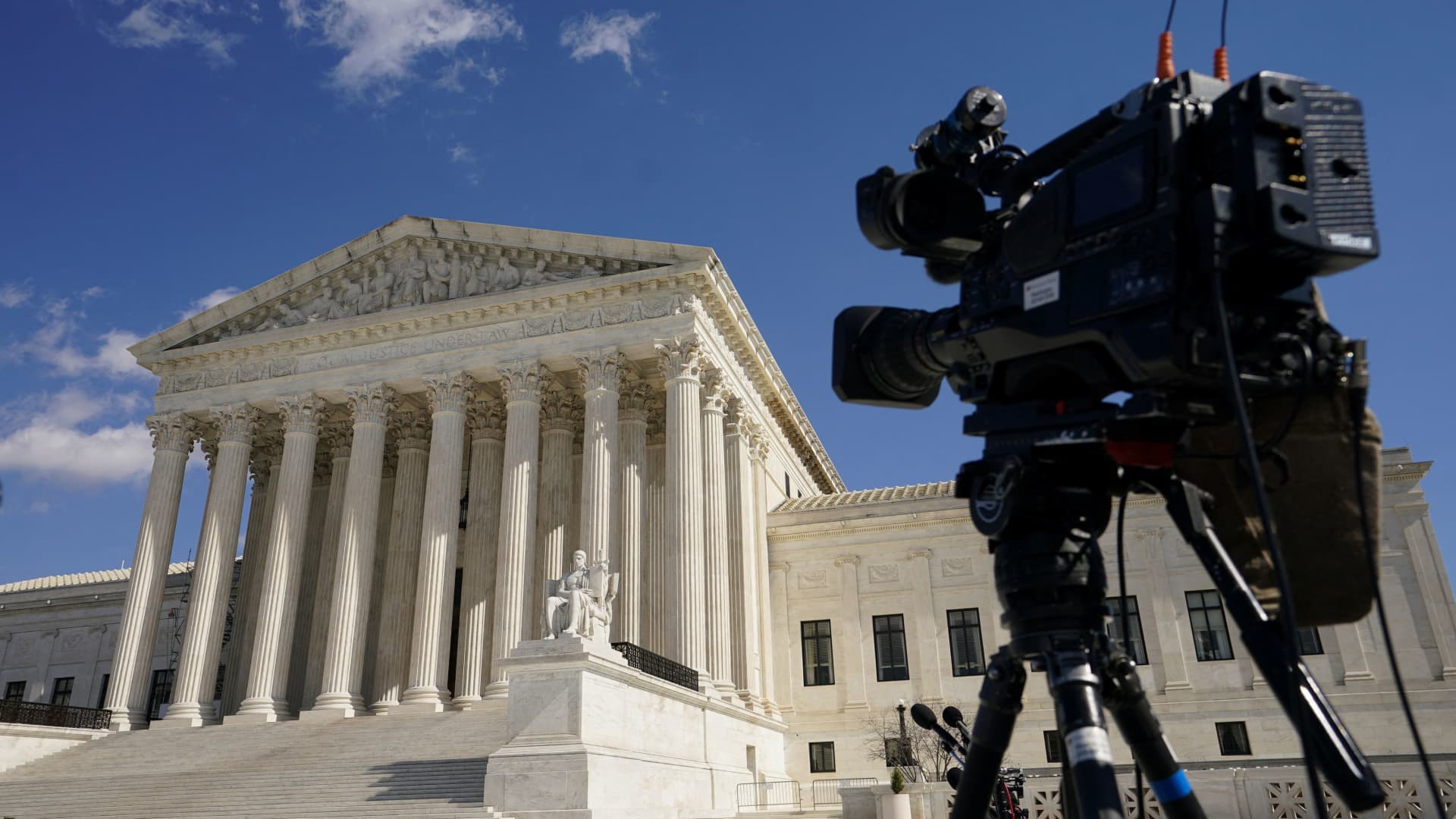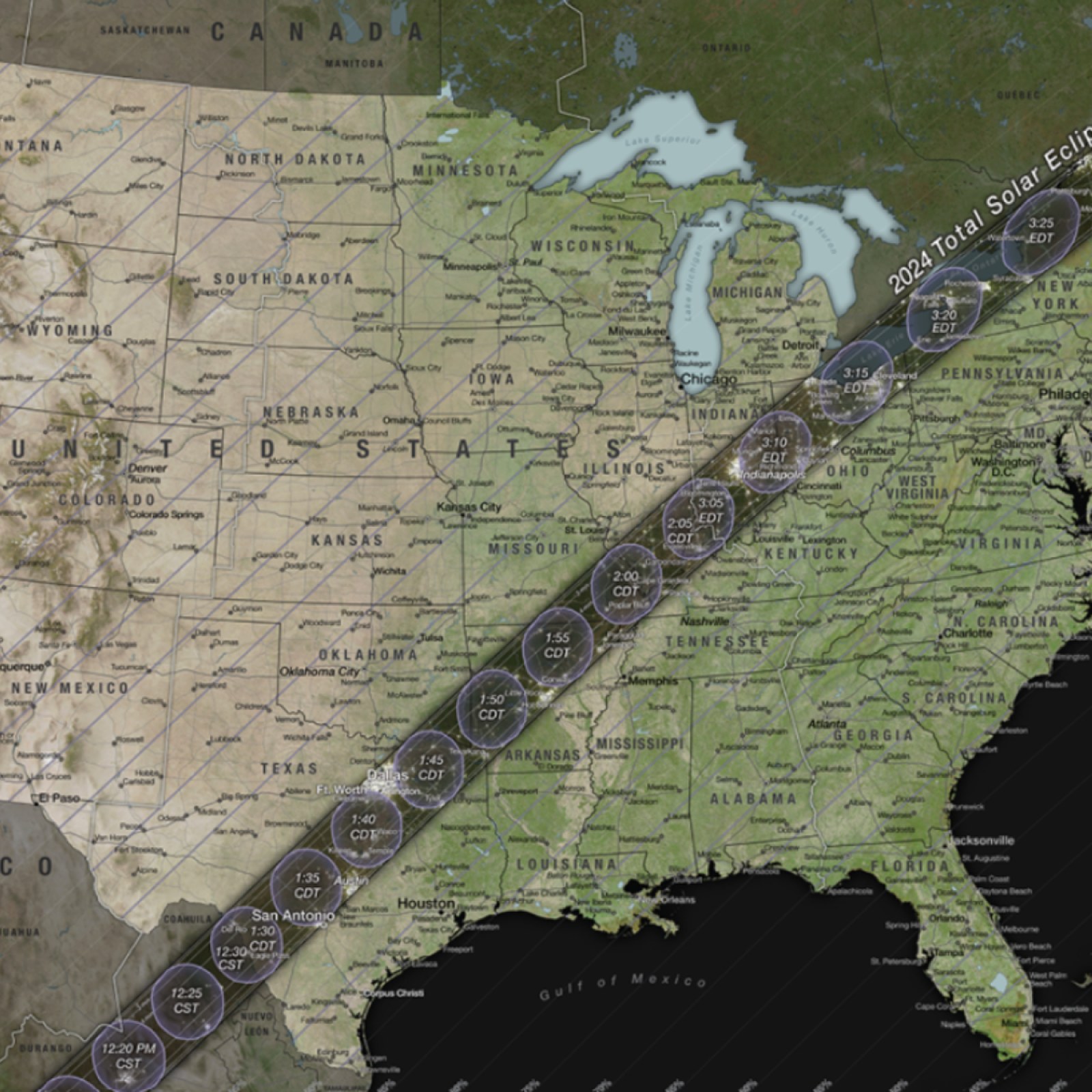The Supreme Court has ruled that bankruptcy is no shield against fraudulent debt.

of supreme court unanimously decision California women ruled Wednesday that they can’t use the US bankruptcy Code protection to avoid payment of $200,000 debt arising from scam by her partner.
court the woman said, kate bartenwaferwas in debt even though she was unaware of the false reports of her husband David’s condition House when they sold it to San Francisco real estate developer Kieran Buckley for over $2 million.
Buckley sued the couple and won judgment on these misrepresentations.
9-0 decision written by justice Amy Coney Barrett Resolves a disagreement between several Courts of Appeals for the Federal Circuit on the question of whether an innocent party can defend itself against someone else’s fraudulent debt after filing for bankruptcy.
This decision cites and reinforces the 1885 Supreme Court decision. new york The wool companies were not themselves “guilty”, but were made liable for the debts due to the fraudulent claims of third parties.
Barrett dismisses Bartenwerfer’s grammatical-focused argument, stating that the relevant section of the bankruptcy law, written in passive voice, reads “Money Obtained by Fraud,” and reads “Money Obtained by Defrauding Individual Debtors.” “Money”.
“If innocent people can be held responsible for fraud they did not personally commit and declare bankruptcy, [the bankruptcy code] Barrett writes:
The debt to Buckley, which was originally a $200,000 court judgment imposed in 2012, was the result of interest, according to Janet Breyer, a San Francisco attorney who represented Buckley in the home sale lawsuit. swelled to over $1.1 million. .
Brayer said the debt is now growing at a rate of 10% each year, excluding legal fees to which she is entitled under California law.
“We have been working on this issue since 2008 and now it has finally been proven right and justice has been brought to all victims of fraud.So today I am a happy little girl. .”
Bartenwerfer’s attorney, Iain MacDonald, did not immediately comment on the ruling and said he plans to discuss the decision with her.
Justice Sonia Sotomayor, in a concurring opinion joined by Justice Ketanji Brown-Jackson, said the ruling concerned those who acted together in a partnership, noting that they “have no agency or partnership relationship with the debtor.” He pointed out that it is not a situation involving fraud by a person.
“With that understanding, I join the Court’s opinion,” Sotomayor wrote.
Judgment in the Bartenwerfer case was reached 18 years after the events that triggered the controversy.
Bartenwelfer and her then-boyfriend David Bartenwelfer had jointly purchased a house in San Francisco in 2005, planning to remodel it and sell it for a profit.
David hired architects, engineers, and general contractors, monitored their progress, and paid for their work, while “Kate, on the other hand, was largely uninvolved,” Barrett wrote.
The home was eventually purchased by Buckley after Bartenwerfers “certified that he disclosed all material facts relating to the property,” Barrett said.
But Buckley said the house had “a leaky roof, defective windows, a missing fire escape, and
Allow the problem. “
He then sued the couple, alleging they overpaid for the house based on misrepresentation of the property.
A jury ruled in his favor, awarding him $200,000 from Bartenwerfers.
Unable to pay the winnings and other creditors, the couple filed for protection under Chapter 7 of the Bankruptcy Code. Bankruptcy law usually allows you to void all debts.
However, “not all debts are forgiven,” Barrett wrote in the ruling.
“The Code makes several exceptions to the general rule, including the one at issue in this case. Section 523(a)(2)(A) states, “To the extent obtained.. For money … it prohibits the forgiveness of any debt … by misrepresentation, misrepresentation, or actual fraud,” Barrett wrote.
Buckley objected to the couple’s move to void the debt to him for that reason.
A U.S. Bankruptcy Court judge ruled in Barrett’s favor, stating that “neither David nor Kate Bartenwafer could discharge their debts to Buckley.”
“Based on testimony from parties, real estate agents, and contractors, the court found that David had deliberately concealed defects in the home from Buckley.
“And the court attributed David’s fraudulent intent to Kate because the two had entered into a legal partnership to carry out a renovation and resale project,” she added.
The couple appealed the judgment.
The U.S. Bankruptcy Appeals Board of the Ninth Circuit Court of Appeals found that David owed Buckley given his wrongful intentions.
However, the same panel disagreed that Kate was in debt.
“As the panel saw [a section of the bankruptcy code] Barrett forbade her to forgive a debt only if she knew or had reason to know of David’s fraud,” Barrett wrote.
Bartenwerfer has since asked the Supreme Court to hear an appeal against that decision.
In her opinion, Barrett said the bankruptcy code allows a debtor to use Chapter 7 to forgive a debt if that obligation is the result of “misrepresentation, misrepresentation, or actual fraud.” He pointed out that the wording of
Barrett said, “By its terms, this text prevents Kate Bartenwelfer from being held liable for the state court’s ruling.
The judge noted that Kate Bartenwerfer objected that “as a matter of grammar, the passive voice method does not identify the fraudster,” even though she admitted.
“However, in her view, the law most naturally reads to prohibit debt forgiveness for money obtained by the debtor’s fraud,” Barrett wrote.
“We disagree. Passive voices pull actors off the stage,” Barrett wrote.
The judge wrote that Congress “framed it to ‘focus'” in drafting the relevant sections of the bankruptcy law.[s] About events that occur irrespective of any particular actor, and therefore regardless of the actor’s intentions or responsibilities.”
https://www.cnbc.com/2023/02/22/supreme-court-rules-bankruptcy-no-shield-to-fraud-debt.html The Supreme Court has ruled that bankruptcy is no shield against fraudulent debt.



